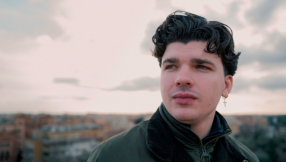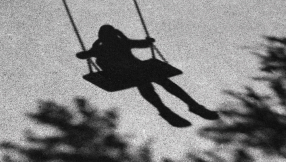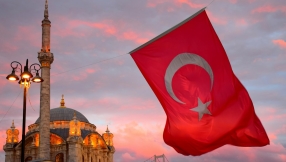The Prime Minister has defended plans to close churches and other places of worship during the second national lockdown starting in England on Thursday.
The new restrictions on places of worship were challenged by several MPs in a Commons debate on Monday.
Tory MP for Hyndburn, Sara Britcliffe, said many places of worship in her constituency had "worked extremely hard to make sure that they are covid-secure".
Imran Hussain, Labour MP for Bradford East, raised concerns about the impact of closing places of worship on mental health.
"Many of my constituents from all faiths have raised serious concerns about the restrictions that will effectively close religious institutions at a time when people need more than ever the comfort and security that their faith provides, putting a heavy burden on people's mental health," he said.
He urged the Prime Minister to introduce "more measured policies" for places of worship, and ensure that they receive financial support to help them through the pandemic.
Sir Edward Leigh invited the Prime Minister to join him for Mass at Westminster Cathedral to see firsthand "extreme social distancing, the constant cleansing after services and the mask wearing—all factors taken far more seriously there than almost anywhere else".
He suggested "further compromises" to give "hope" to faith communities, and asked the Prime Minister to respond to the call from Cardinal Vincent Nichols to show evidence for the need to close churches.
Responding to the criticism, Mr Johnson said he was "so sorry" for the restrictions but argued that they were necessary to bring down the R number.
"The rationale is very simple: it is to reduce the overall spread of the virus and get the R down below 1. That is the rationale," he said.
He said that if the R rate comes down, people will have "as normal a Christmas as possible".
"I am so sorry that the faith communities temporarily must go through this difficult period of not being able to observe services in the way that they want and I would like," he said.
"This is only for 28 days and the hope I can offer—the candle in the darkness—is that we will, if we get this right, be able to go back to something much more like normal life before Christmas and people will be able to celebrate Christmas, in churches and elsewhere across this country."













